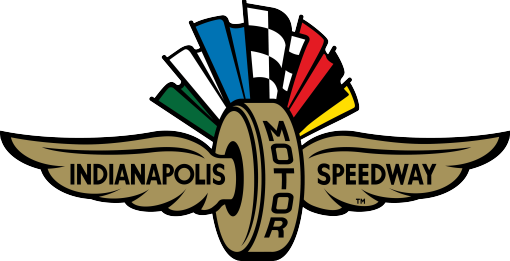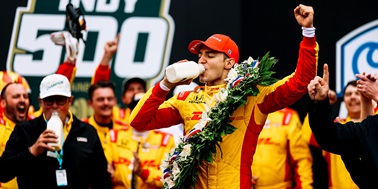Editor’s Note: Rod Reid is the founder of NXG Youth Motorsports and team principal of Force Indy. NXG Youth Motorsports, which partners with the Indianapolis Motor Speedway, is an experiential academy for STEM education and life-skill development focusing on students from underrepresented communities. In addition to performance driving as a tool for growth, Reid ensures his students are educated on important cultural moments and holidays. Below, he offers his perspective and education on the meaning of Juneteenth.
Growing up, Juneteenth was an annual holiday celebrated as far back as I can remember by my family and friends. My mom was born on the same land in Virginia that our family was enslaved on. We knew about Juneteenth, what the date signified, and celebrated it. It was part of our culture. Songs were written about Juneteenth and sung in church and at other events.
Songs such as “Lift Every Voice and Sing,” which is often referred to as the Black National Anthem. It encourages us to remember the past, but let’s celebrate the future, too.
It wasn’t until I began going to an integrated school that I realized the celebration of Juneteenth was particular to the Black community. Growing up in the 1960s, I went to a school that was predominately black. We all knew about Juneteenth. When I went to a school that was integrated, I was surprised to realize that my white friends did not know anything about Juneteenth. They had no idea what it meant or why it was important to celebrate.
Juneteenth was born out of the recognition that enslaved American people were now free by virtue of the Emancipation Proclamation in 1863.
The Emancipation Proclamation, issued by President Abraham Lincoln on Jan. 1, 1863, in the midst of the Civil War, declared the freedom of all enslaved people in the United States. The Civil War continued for years after the proclamation, as did the plight of enslaved people.
I use the term enslaved, as opposed to slavery, because a person has to be enslaved. It is something that is done to them.
The legality of enslaving folks and owning folks that permeated through America at that time was changed by the passing of the Emancipation Proclamation. But without the advantage of cell phones and modern technology, it took time for word to spread and for the enslaved Americans to know that they were now free.
On June 19, 1865 – more than two years after the Emancipation Proclamation was signed - a group of soldiers went to Galveston, Texas, and announced to the people there they were free.
When the announcement was made and the people realized what it meant, they celebrated their freedom. Using a colloquial expression, they called the day Juneteenth.
Instead of using the exact terms, because freedom had been given years before, Juneteenth became the day to celebrate the reality of the Emancipation Proclamation.
Public awareness of Juneteenth grew in 2020 amid nationwide protests after the police killings of several Black Americans, and President Joe Biden declared Juneteenth a federal holiday in June 2021.
The importance of remembering the Emancipation Proclamation and the celebration of Juneteenth is acknowledging that we are all whole people, we are all human beings, we are all citizens of the United States, and that none of us have to be subjected to slavery. It is recognizing a day when we started to treat all people equal.
Looking forward, I'm hopeful when I think about the motorsports community and about the education that we do through NXG and Force Indy. I consider our programs to be a bridge between the motorsports community and communities of color, because we didn't have a connection. Many Blacks don't have a history of our fathers and mothers being mechanics, winning the 500, or being on teams that go back to the early 1900s.
The celebration of Juneteenth is about looking back and realizing we have changed; then, looking forward to the opportunities of everyone working together to make motorsports and the world we live in a better place.




